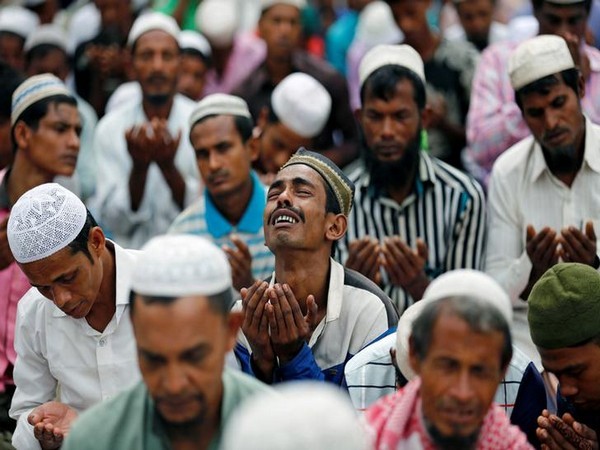Balukhali Refugee Camp (Bangladesh): Rohingya teachers, elders and religious leaders alleged that educated Rohingya subject to systematic and widespread harassment, arrests and torture were singled out, part of Myanmar’s operation to drive the Muslim Rohingya from majority Buddhist Myanmar.
According to an agency report, Myanmar soldiers targeted the educated, so there would be no community leaders left willing to speak up against the pervasive abuse. It’s an old tactic, according to those who study genocide and often a precursor to killing.
“My brother apologized and pleaded with the military not to kill him; he showed them his ID card and said, ‘I’m a teacher, I’m a teacher.’ But the government had planned to kill our educated people, including my brother,” Hashim said.
He was interviewed at one of the teeming Bangladesh refugee camps that have sprung up along the hilly border with Myanmar since the Rohingya began fleeing in August. Hashim, who is also a teacher, ran for the hills and hid after the military surrounded his hamlet in northern Rakhine state, where most of the Rohingya lived. Others told similar accounts.
After the Aug. 25 attacks, soldiers in Maung Nu village, the site of a massacre, asked villagers: “Where are the teachers?” Rahim, a 26-year old high school science and math teacher who was known to many soldiers because he taught their children at the local battalion school, saw the military coming and fled.
Interviews with about 65 refugees in a September report by the U.N. Human Rights Office of the High Commissioner indicate that “the Myanmar security forces targeted teachers, the cultural and religious leadership, and other people of influence in the Rohingya community in an effort to diminish Rohingya history, culture and knowledge.”
This targeting was “well-organized, coordinated, and systematic … thereby challenging the assertion that it was merely collateral damage of the military” operations after the August insurgent attacks. The Buddhist majority has long reviled the Rohingya as “Bengali interlopers” in northern Rakhine state and suppressed their ability to maintain their culture and go to school.
An Amnesty International report from November documented a system of institutionalized discrimination and segregation of the Rohingya that was meant to erase their identity. Since an outbreak of Buddhist-Muslim violence in 2012, Rohingya children have been prevented from attending Buddhist schools, and official government teachers often refuse to come to Rohingya villages because of purported safety worries, the report said. That leaves the bulk of their education left to “local community schools staffed by untrained volunteer teachers.
Siasat Web Team

